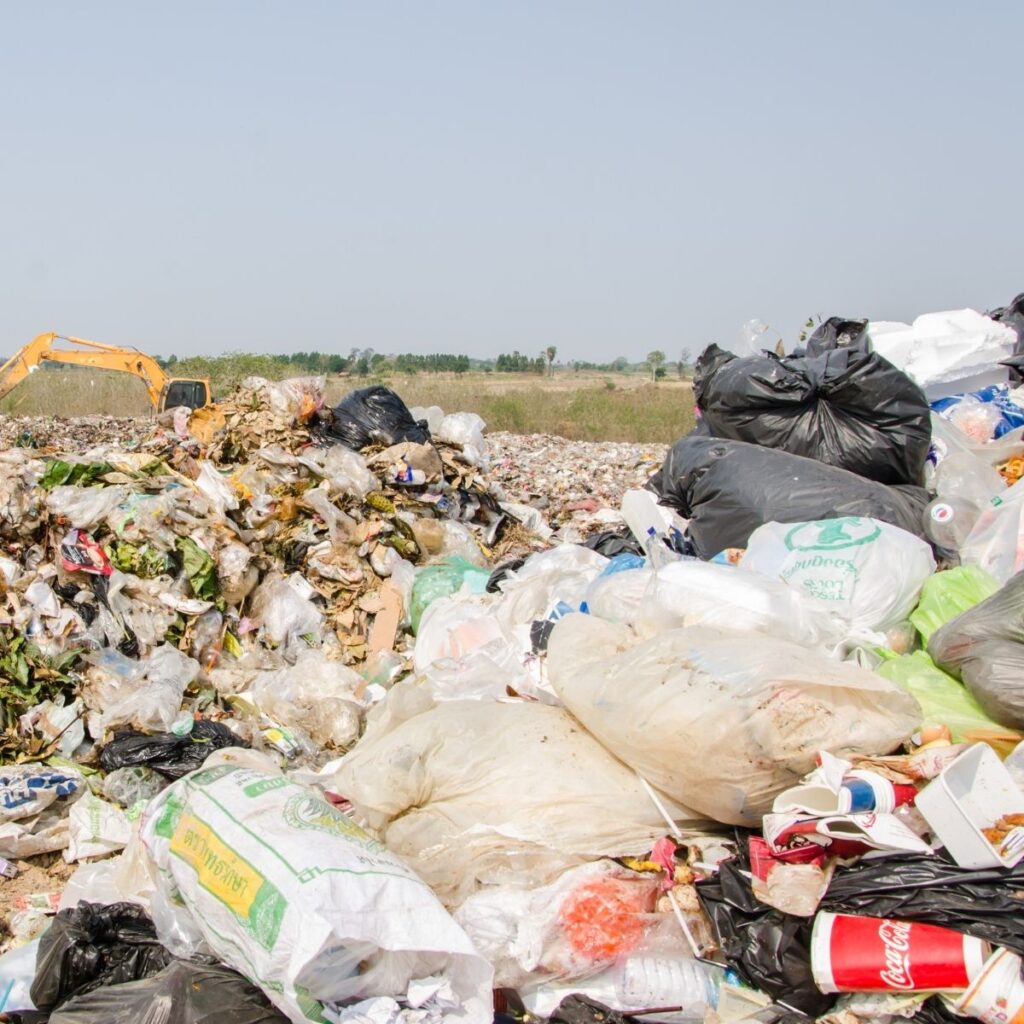By Eric Kempson
With cars, planes, and electricity taking up so much of our discussion on climate change, the various other aspects that harm our environment often go unnoticed – one of them is wasted food. 40% of food in the US goes to waste and could have otherwise been used to feed families. This waste comes as a result of inefficiencies at every step of production; in fact, some food products go bad at the farm without ever having the chance to be sold. With Covid-19, farmers were forced to dump record amounts of dairy and poultry simply because the demand was reduced amid restaurant closings.

There is more harm in food going to waste than what would be apparent. Meals that could have otherwise fed those in need often end up in landfill decomposing. And these consumables that go to waste release greenhouse gasses such as methane – a greenhouse gas 26 times more potent at trapping heat than CO2. This release of unused food accounts for 15% of all greenhouse emissions within the US – ultimately contributing to negative climate change and rising global temperatures.
Finding a solution to food waste is an extremely complex task – as stated earlier, food is lost at every step of the manufacturing and consumption process. What we consume has a long journey before ever reaching our plates. The food we eat has to pass through the farm, a packaging facility, the supermarket, and then your fridge before ever being served. All of these steps take time and can lead to food going bad.
Share My Meals has partnered with local farms and restaurants in an attempt to divert what would be harmful food waste into a nutritional meal for those in need. Whether it be local farms and families or catering services, Share My Meals has cut down on food waste in a move to help feed our community and fight climate change. This being said, you don’t have to wait to join an organization to reduce your own food waste. Being more conscious of the food you buy and freezing unused food are two great places to start.
Share My Meals did a piece explaining that “Best By” dates may not be as accurate as one may think – by being more aware of what these dates mean, we can avoid throwing away healthy food and help reduce methane emissions. On top of being aware of “Best By” dates, donating food you know you won’t be able to use to a local food pantry (such as TASK) is another great way to reduce food waste.
Food is something vital to sustaining life, but can also harm us if left unused – by being more aware of how food is wasted, we can mitigate its negative environmental effects while also helping those who otherwise would struggle to put food on the table.

Eric is a rising senior at the Hun School of Princeton. With a passion for serving the community, he focuses on writing blog pieces to raise awareness and share stories about those that benefit from Share My Meals.




